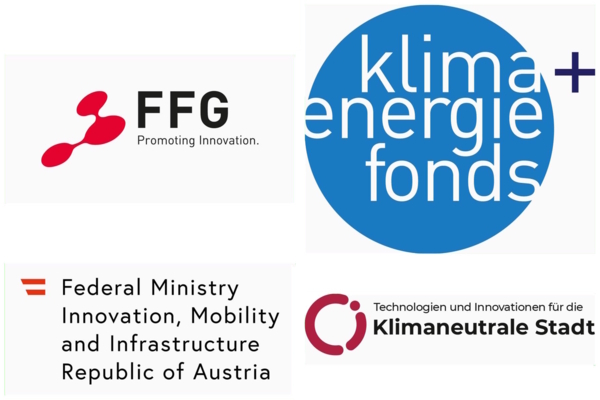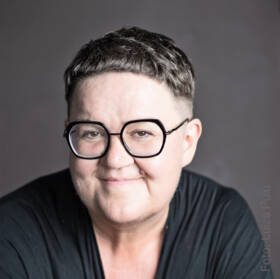The transformation of a former industrial site in Melk into an aesthetic, inclusive, and sustainable New European Bauhaus neighbourhood.
Background
The European initiative New European Bauhaus (NEB) adds a cultural dimension to the European Green Deal by linking aesthetics, sustainability, and inclusion together. It envisions living spaces that are visually appealing, environmentally friendly, and open to everyone. A place that already lives up to some of the principles of the NEB initiative has been established in the city of Melk. On the site of the former Fürst joinery, the old factory halls now house the regionally well-known Tischlerei Melk Kulturwerkstatt, the Familienquartier, the Kinderkosmos Handwerk Melk (KIKO), the coworking space WerkDrei, and the Dream Factory – Melk’s first hostel. But it doesn’t stop there. In a new project, the neighbourhood is being further developed with new spaces for a variety of uses. In collaboration with the company Fürst Möbel and the planning and consulting offices AKXSO GmbH and M.O.O.CON GmbH, the Ilse Arlt Institute for Social Inclusion Research sees to it that these new spaces are designed to be participatory and inclusive.
Goals
The main goal of the current project is to steadily transform the former Fürst joinery in Melk into an area that embodies the visions, values, and working principles of the New European Bauhaus program. To achieve this, three sub-goals must be reached:
- Defining goals and criteria together with future users and experts from various disciplines. The outcome is an evaluation framework that helps to assess to what extent NEB requirements are fulfilled.
- Setting up a master plan for a NEB neighbourhood in Melk using an inclusive, cooperative, and co-creative planning process.
- Carrying out preparatory steps towards realizing the vision of a NEB neighbourhood.
Methodology
A participatory process formed the backbone of the project. Citizens from Melk and the surrounding areas were invited to take part—most of them selected at random. In a co-design workshop, developed and hosted by St. Pölten University of Applied Sciences, around 40 participants formulated a set of goals, which several planning teams then translated into concrete proposals. The best plan for realising the NEB neighbourhood Tischlerei Melk (“winning project”) was selected based on evaluations by the project consortium, expert input, and feedback from the citizen representatives who took part in the workshop. The winning project lays the groundwork for an implementation plan that takes into account costs, financing, and timeline.
Outcome
Unlike many construction or renovation projects, NEBMELK involves a broad range of stakeholders. Different disciplines and citizens work together in a participatory and co-creative approach. This ensures that the project outcomes are long-lasting and widely supported by the public. Methods and approaches are shared transparently and can serve as models for similar projects in Austria and across Europe.
Partners
Funding
The call for proposals “Technologies and Innovations for the Climate-Neutral City” is part of the RTI (Research, Technology, and Innovation) focus area “Climate-Neutral City” of the Federal Ministry for Climate Action, Environment, Energy, Mobility, Innovation and Technology (BMK) and the Climate and Energy Fund (KLIEN). The implementation—following open data principles—is carried out on behalf of BMK and KLIEN by the Austrian Research Promotion Agency (FFG) in cooperation with Austria Wirtschaftsservice GmbH (AWS).
You want to know more. Feel free to ask.
Department of Social Sciences
- Fürst Holding GmbH
- AKXSO GmbH
- M.O.O.CON GmbH




